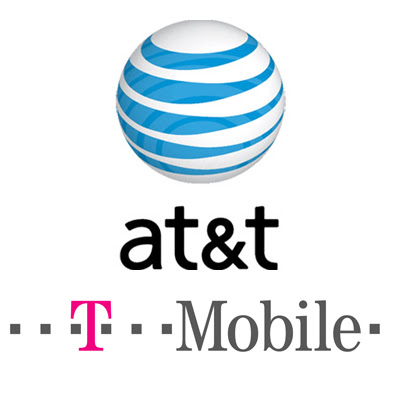In April of this year, T-Mobile merged with rival Sprint to form a company with about 80,000 employees, and the layoffs were faster than originally planned.
At the same time, AT&T has formulated a detailed plan to start cost reduction measures launched at the end of last year and lay off thousands of people.
The epidemic put pressure on the profits of both companies and changed the way mobile phone users shop.
It is understood that T-Mobile said in a filing document submitted on Wednesday evening that it is expected to spend about US$300 million on merger-related costs, mainly used to pay employee severance payments to speed up the expected cost benefits from the transaction . The company currently expects that in the quarter to the end of June, the combined pre-tax costs will reach 800 million to 900 million US dollars. T-Mobile did not disclose the specific number of layoffs. As of 2019, T-Mobile has 53,000 employees. In early 2019, Sprint revealed that the company has 28,500 employees.
T-Mobile CEO Mike Sievert (Mike Sievert) said that the company plans to recruit employees for 5,000 new positions in the retail and engineering sectors within the next 12 months. Sievert said, “As part of this process, some employees with similar experience may consider changing jobs within the company, and the company will help others go out to find new positions.”
It is reported that AT&T plans to lay off more than 3,400 people in the next few weeks. The layoffs do not include hundreds of positions that may be laid off due to closing stores.
AT&T said that while reforming its employee base, it will “target-wise and large-scale reductions of executives, managers, and employees representing unions.” The company also closed more stores to cater to the needs of online shoppers. The company said it has accelerated this shift in response to the outbreak.
“Layoffs are a difficult decision, and we cannot take it lightly,” AT&T said in a statement.
According to Jonathan Chaplin, a telecommunications analyst at New Street Research, a market research firm, the estimated savings provided by T-Mobile to investors indicate that the company will abolish thousands of jobs. He also said that the layoffs do not include stores operated by third-party distributors, some of which will switch to other brands. “They will cut redundant positions, but will increase other positions as the investment grows,” Chaplin said.
T-Mobile told MPs last year that the merger with Sprint by 2024 will provide more jobs for the combined company.
On Monday, the T-Mobile network suffered a nationwide service failure, which resulted in a total of 12 hours of intermittent interruption of user voice and data. The US federal regulator said they will investigate the incident. Neville Ray, the company’s head of technology, later said that the problem stemmed from the supplier’s fiber optic circuit failure, which is a common failure condition for telecommunications companies.
Normally, if one line is cut off, the telecommunications operator’s backbone network still has several spare lines. Lei said, “Redundancy solutions did not work, causing line overload, and then other factors exacerbated the situation.” The company said that Sprint customers were not affected and vowed to take new security measures.
T-Mobile said it is expected to reach an agreement with satellite TV provider Dish Network on July 1 to sell pre-paid brand Boost Mobile under the original Sprint and approximately 9 million users to the latter. The US Department of Justice’s antitrust law enforcement requires a spin-off of the combined company’s business to ensure that the United States can retain four national mobile phone operators. Dish will initially use T-Mobile’s infrastructure to serve Boost Mobile customers until it can transfer users to a new telecommunications network that is planned to be built from scratch.
